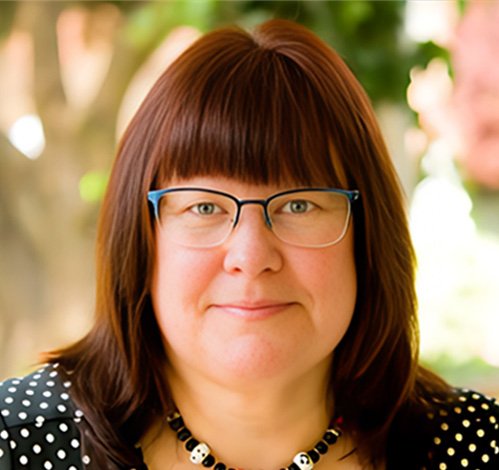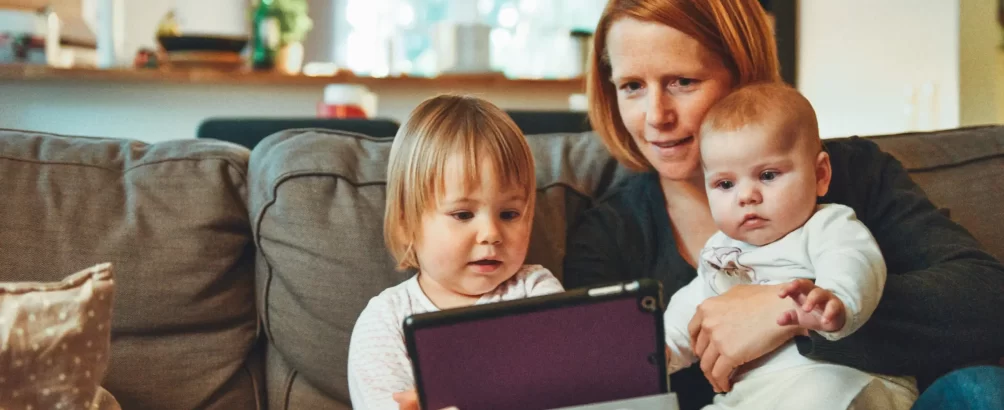|
|
Last Modified on Oct 15, 2021
Parent or Guardian
When it comes to a child, you hear this phrase quite often: “parent or guardian.” What is a guardian?
A guardian is when someone other than a parent is given legal authority to care for the personal and estate interests of another person, usually called a ward. There are three main scenarios where a guardian may be assigned.
- Guardianship of an incapacitated adult
- Guardianship of developmentally disabled adult
- Guardianship of a minor
What is Guardianship?
Guardianship of a minor may happen for different reasons. It could be a situation where both parents were hurt or even killed in an accident. In most cases, guardianship is often sought in cases where the parents are unable to care for the child or provide a safe and stable home environment. This might be the case if a parent is somehow incapacitated due to an illness. In many cases it is related to cases where there are reports of domestic violence or child abuse, or of one or both parents have an alcohol or substance abuse problem, or if one or both parents have been incarcerated after commission of a crime.
Guardians can be someone who knows the child, such as grandparents, aunts and uncles, or even friends of the family. In other cases, the guardian is registered and known by the state. They may be called any time of the day or night to receive custody of a child due to an immediate need or be assigned by a court after a hearing.
How Does Adoption differ from Guardianship?
While, under certain situations, a guardianship may become an adoption, there are major differences between the two.
In a guardianship:
- The parents still have parental rights and may request reasonable contact with their children
- The court can end a guardianship if the parents become able to care for their children
- Guardians may be supervised by the courts and have their homes inspected for safety concerns
In an adoption:
- The birth parent’s rights are legally ended
- The legal relationship between the adoptive parents and children becomes permanent, and is legally identical to that of a birth family
- An adoptive child is able to inherit from adoptive parents in the same manner as a birth child
- Adoptive families are not supervised by the courts.
Courts will consider removing a child from their parents if it is in the best interest of the child. The courts will make sure that a child is being raised in a safe, and stable environment and will opt for a legal guardian when the parents are unable to provide the proper care and environment required by law.





